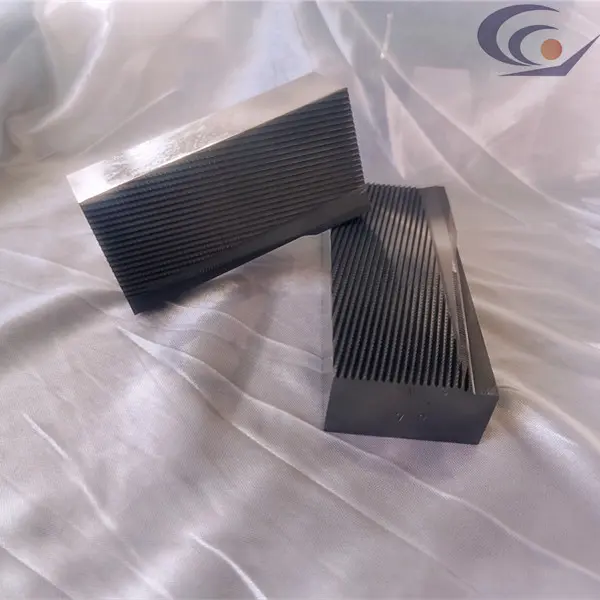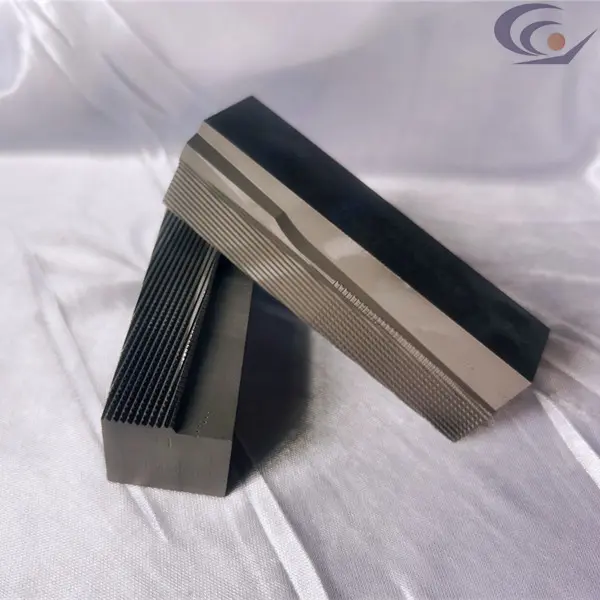Introduce
When it comes to thread rolling dies, choosing the right material is critical to achieving excellent results. The materials used greatly affect the durability, accuracy and performance of these molds. In this blog post, we’ll take a deep dive into the world of thread rolling die materials, exploring their importance, characteristics, and considerations to make an informed decision.
The Importance of Thread Rolling Die Materials
Thread rolling dies are used to process external threads on cylindrical workpieces. These molds are complex in design and in direct contact with the workpiece, subjecting them to severe wear and stress. Therefore, the materials chosen for these molds are critical in determining their longevity and efficiency.
Key properties of thread rolling die materials
1. Hardness: The hardness of the material affects the wear resistance of the mold. The harder material ensures that the mold retains its shape over a longer period of time and cuts threads accurately.
2. Toughness: Thread rolling dies must withstand high pressure while maintaining their structural integrity. Materials with good toughness can absorb and redistribute applied stress, preventing cracks or splits.
3. Heat resistance: The thread rolling die will generate a lot of heat during the rolling process. Therefore, the material should have excellent heat resistance to withstand these high temperatures without any significant deformation.
4. Corrosion resistance: Depending on the application, thread rolling dies may be exposed to various corrosive substances. Therefore, choosing materials with good corrosion resistance ensures their longevity and performance in challenging conditions.
Commonly used materials for thread rolling molds
1. High Speed Steel (HSS): HSS is a popular choice for thread rolling dies due to its excellent combination of hardness and toughness. It can withstand high temperatures, has good corrosion resistance, and can extend mold life if properly maintained.
2. Carbide: Carbide thread rolling dies are known for their excellent hardness and wear resistance. Their ability to precisely cut threads and maintain their shape makes them ideal for high-volume production and demanding applications.
3. Tool steel: Tool steel, especially when properly heat treated and thoroughly hardened, provides good toughness and wear resistance. It is typically used in less demanding applications or when cost is a concern.
Things to note when choosing thread rolling die materials
1. Application: Understanding the specific requirements of the application is critical to selecting the most appropriate material. Consider factors such as workpiece material, thread type, throughput and working conditions to make an informed choice.
2. Cost: While high-end materials offer superior performance, their cost may not always be appropriate for every application. Evaluate estimated mold life, replacement frequency, and associated costs to perform an optimal cost-benefit analysis.
3. Expertise: Consult with an industry professional or manufacturer with extensive experience in thread rolling dies to gain valuable insights and guidance on the materials best suited for your specific needs.
In conclusion
Choosing the right material for your thread rolling die is critical to achieving long-lasting, precise and efficient results. Considering factors such as hardness, toughness, heat resistance and corrosion resistance can help you make an informed decision. Application requirements and cost-benefit analysis are key considerations in selecting the best material. Armed with this knowledge, you can confidently select the ideal material for your thread rolling dies, ensuring optimal performance and increasing the productivity of your process.
Post time: Sep-19-2023




